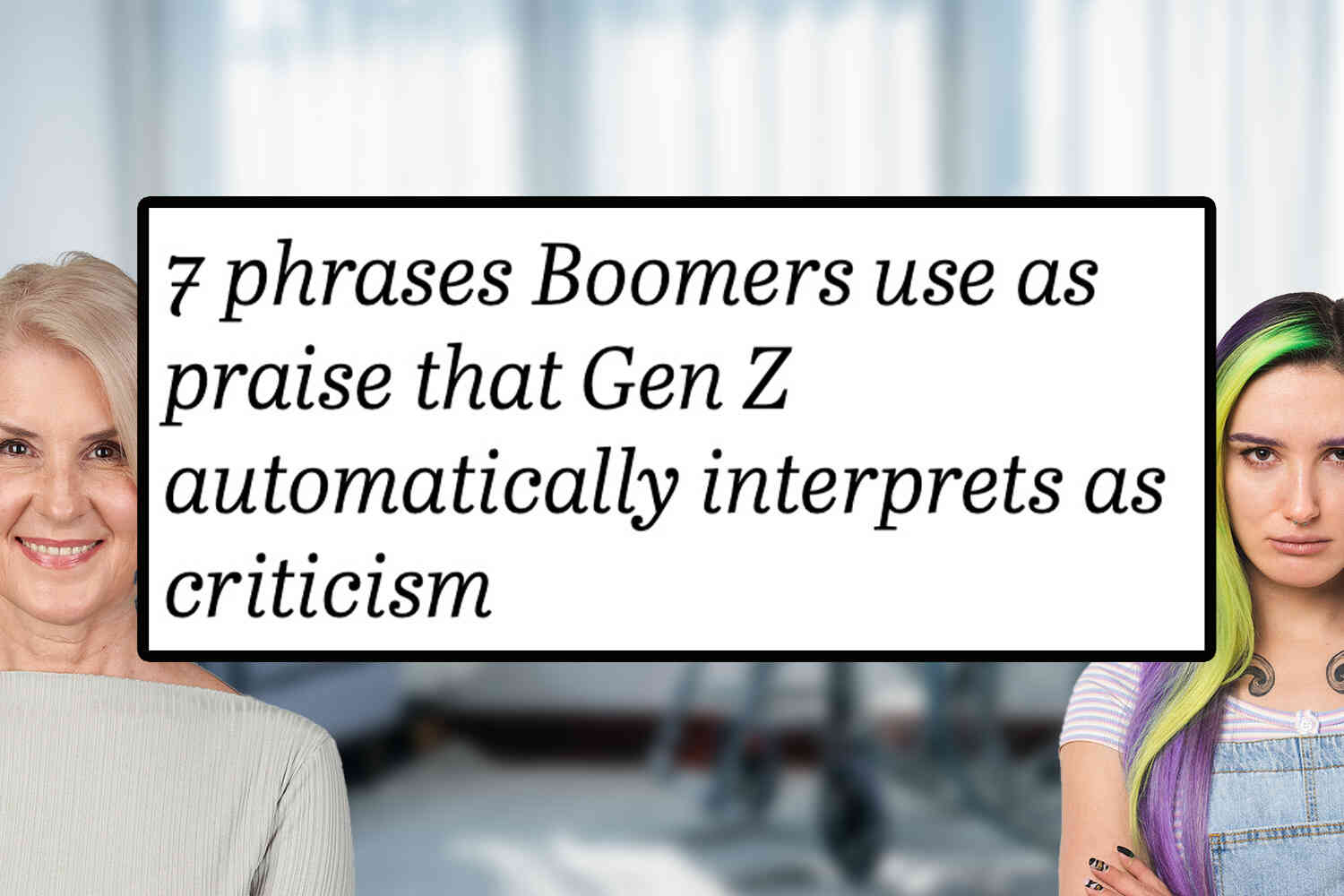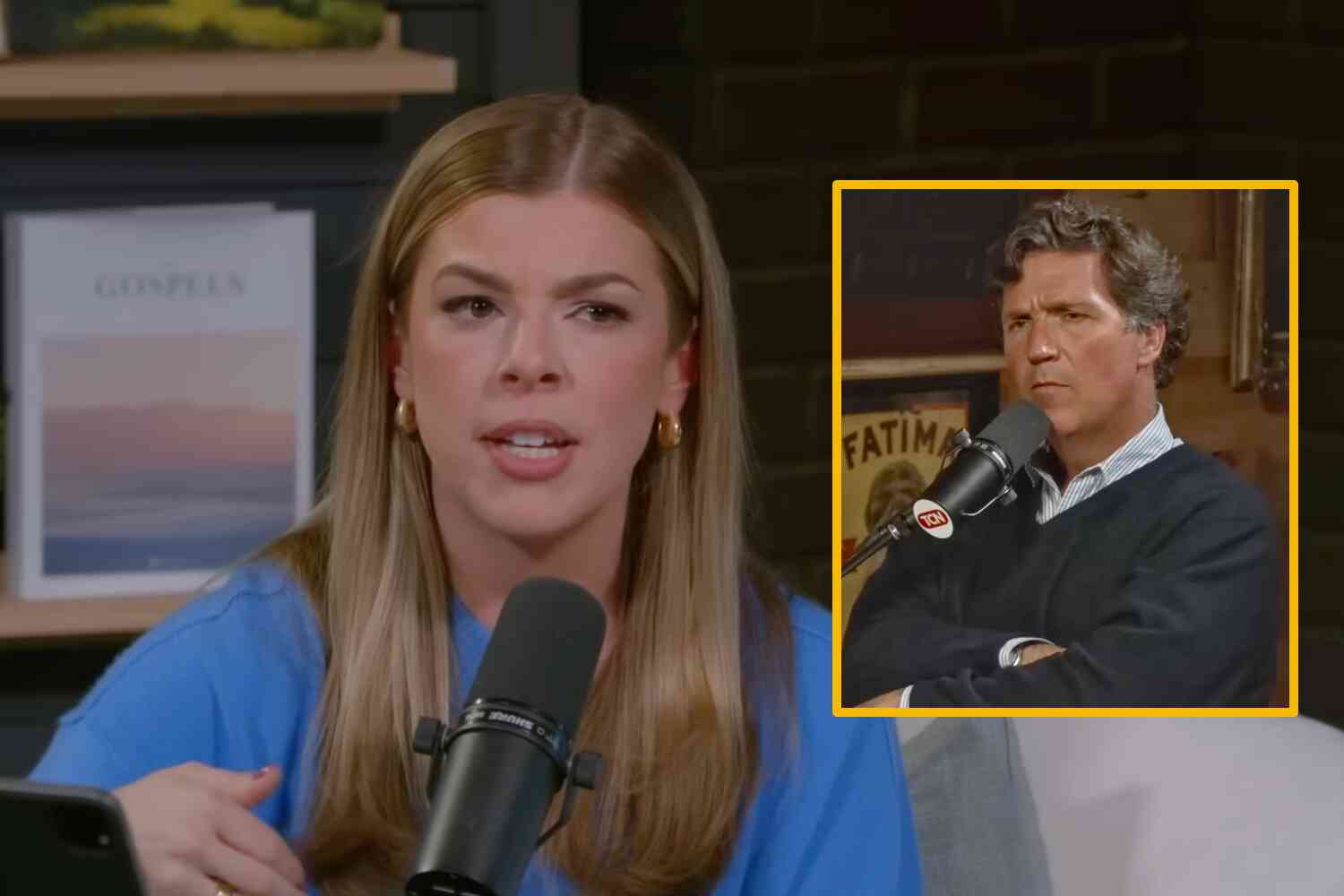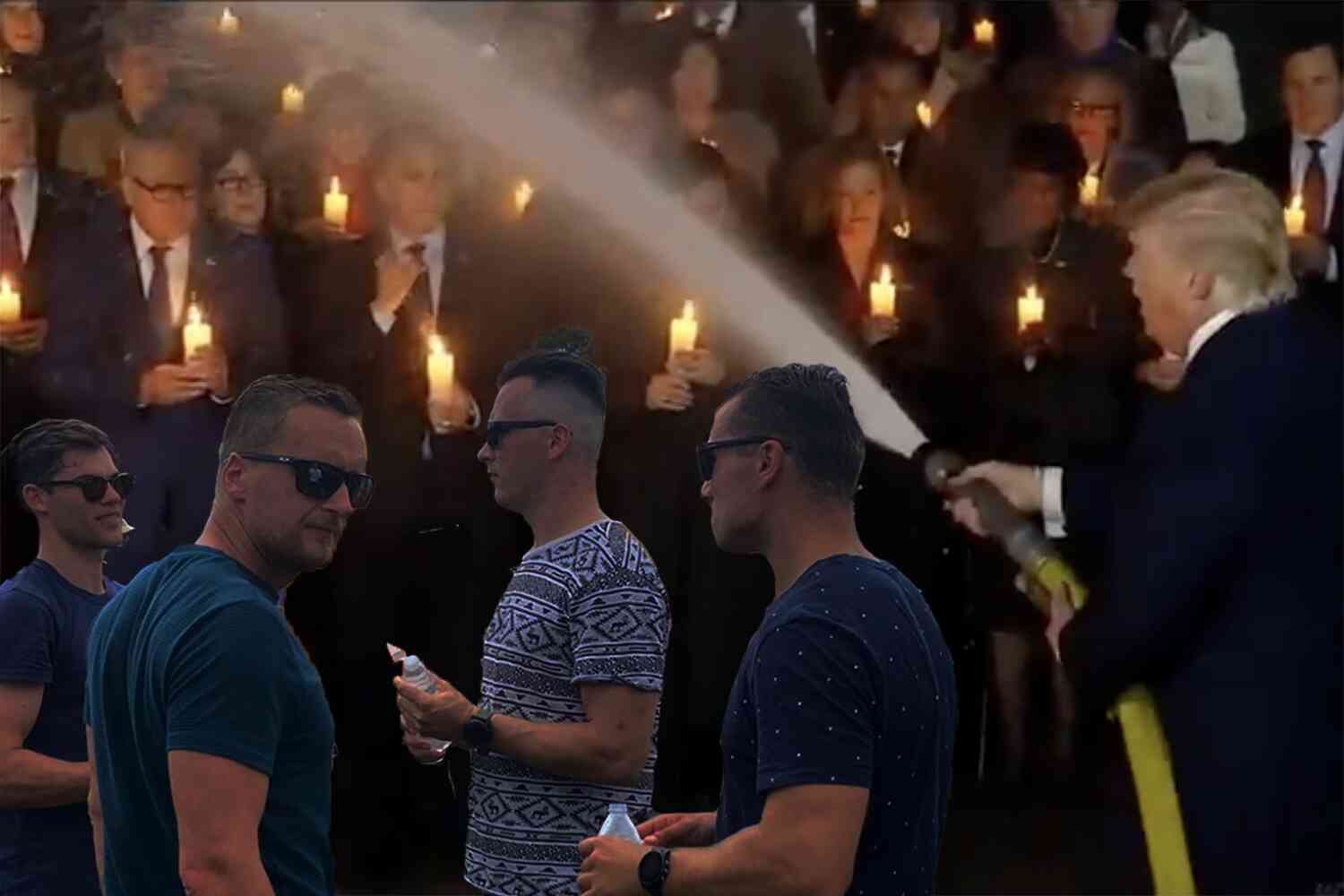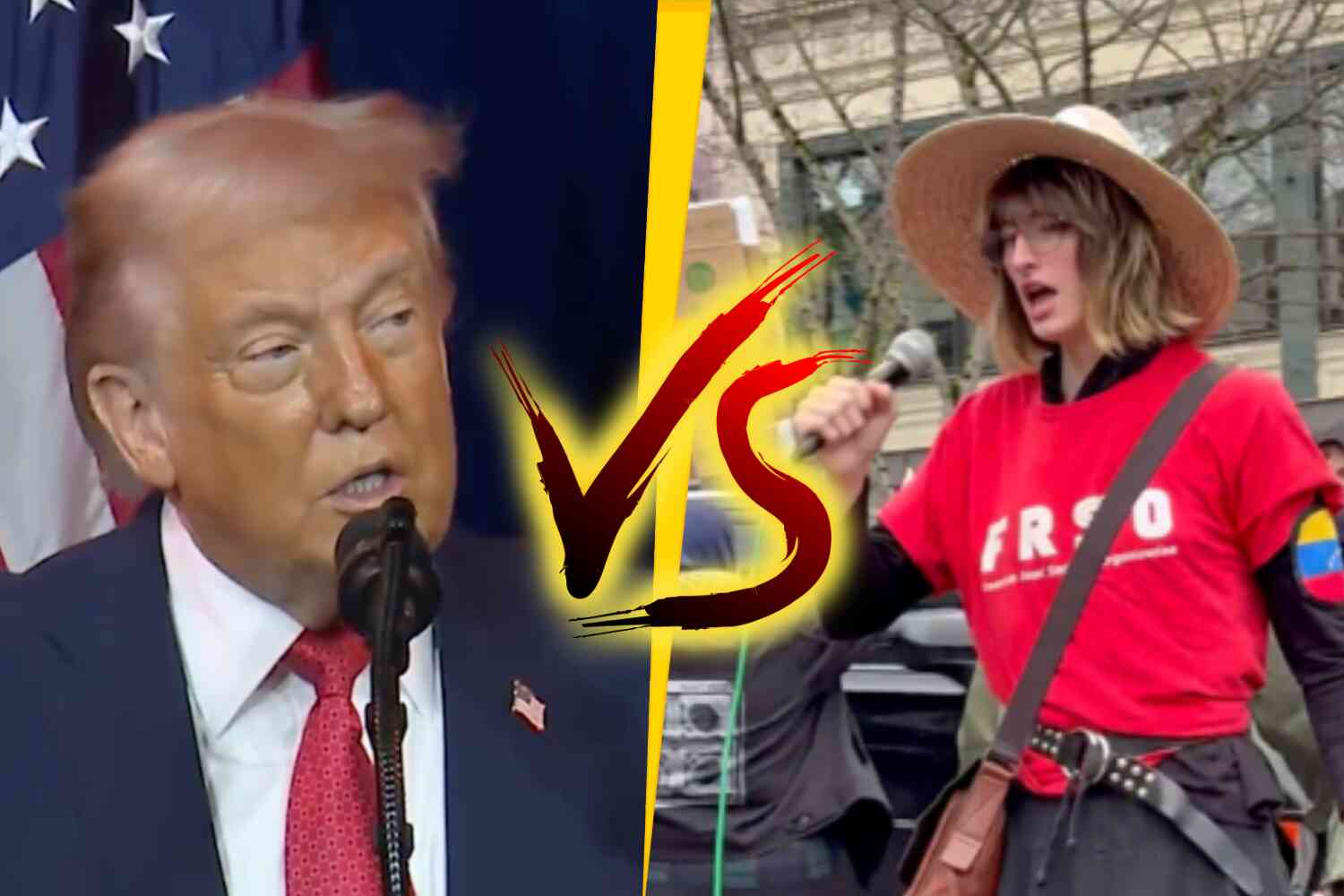Conservatives, or more accurately, people who are not virtue-signaling leftists, have learned to approach Marvel productions with wariness as the studio has demonstrated an increasing predilection for sacrificing story for message, that message being "We did and said things in the past we regret so now you have to pay for it."
I continue to wonder what inner demons they are trying to banish.
And so when Ms. Marvel debuted early this past June, based on Marvel's comic of the same name featuring a Pakistani Muslim superhero, my wokey-sense tingled.
This was exacerbated by the inclusion of this line in the trailer:
It's not really the brown girls from Jersey City who save the world.
Great, I thought, now I'm going to get hit over the head for hours about what a racist I am.
That said, I have an unhealthy obsession with the Marvel Cinematic Universe (and am a long-time comics fan although I don't read them currently) so I was going to watch it if only because Marvel ties its properties closely together and what happens in one tends to affect the others.
To my relief and surprise, and despite the marketing, Ms. Marvel wasn't what I expected at all.
It did have some of the woke tropes we've come to expect, as evidenced in the trailer, but, and this is the important part: None of them sacrificed story for message. Ms. Marvel had an authenticity to it. Characters behaved the way they did and said the things they said because it made sense they would do so.
That "brown girls from Jersey City" line? Aside from there being very little of that woe-is-me attitude during the course of the series, it was something I could see that character saying at that moment and in that place.
It made sense in the story.
The series ended up being a fascinating look into a culture I didn't really know much about, with interesting characters behaving in authentic ways, portrayed by mostly well-cast and talented actors (Iman Vellani who plays Ms. Marvel is stunningly good) all carried along by a compelling story.
That said, you didn't have to like Ms. Marvel to appreciate just how bad She-Hulk has started out. In fact, you may have already read about it.
But the comparison is enlightening and offers a master course in how to do it right, and how to do it painfully not right.
Let me break it down.
I am Woman Hear me Roar
Ms. Marvel
Ms. Marvel is naturally women-centric in that the principal character is a 16-year-old high school girl. While women empowerment is a theme of sorts, it's a subtle one, because do you really need to smack viewers in the face about how powerful women can be when your lead is a superhero?
No, you don't. You really don't.
Interestingly, and I've not seen this mentioned elsewhere despite some lengthy searches, if there was any overt feminism it was on the part of the Nakia character who questioned Muslim women's treatment in the Mosque Hierarchy.
When do you see that other than never?
Overall, Ms. Marvel doesn't need to lecture you. It presents a story from a particular point of view.
Equally importantly, women are treated like they are actual flesh-and-blood people and not props used only to push a point of view. Because of that, not all of them are nice. In fact, the main villain of the movie is a woman, as is the racist authoritarian lead agent with the Department of Damage Control (DODC).
In Ms. Marvel, women are not better. They are just human beings, with all the weaknesses and strengths, and all the opportunities for great compassion and equally great evil.
She-Hulk
In contrast, despite being an accomplished lawyer and, you know, She-Hulk, the series still seems intent on pointing out that she is an accomplished lawyer, and She-Hulk, and also still oppressed living in a systemically chauvinistic patriarchy that in real life exists only in history books and the minds of the writers.
As detailed here earlier, the first episode included a tiresome soliloquy:
Walters reveals that she has an excellent ability to regulate her anger due to the fact that she lives in the modern world as a woman. She already has to maintain control when she's "catcalled in the street" or dealing with "incompetent men" who feel the need to explain her own job to her to avoid be labeled "emotional or difficult." Walters then exclaims to Banner right before she purposefully transforms, "So I'm an expert at controlling my anger because I do it infinitely more than you!"
That kind of extended rant might have been relevant in the ‘80s, but today?
I entered the professional world in the early ‘80s. It had come a long way even then, but the difference over the decades has been profound. I have seen it with my own eyes. I do not doubt there are pockets of morons still, but at a big-city law firm? Are you kidding me? So much as a nod in the direction of HR and that would be it.
It's okay that they made the principal character a feminist, RGB bobblehead and all, it's their show; but the problem is are they doing it at the cost of story?
Yes. Yes, they are.
Coiro and the She-Hulk: Attorney at Law writers used real-life concerns for women as a way to explain how Walters so easily has control over her rage. While Banner struggled for over 15 years to master his anger and come to peace with the other version of himself, Walters had already done that through her life as a woman dealing with societal expectations for her gender as well as her own personal social issues. With that one scene, She-Hulk: Attorney at Law succinctly addressed modern issues for women while establishing how Walters is far more capable at controlling her anger than her cousin.
In other words, the writers created a world in which Jennifer Walters is perpetually victimized which is why she can control her anger and also she's powerful and better than any man.
Got it?
Speaking of which, the first episode features an extended sequence in which She-Hulk is better than the Hulk at almost everything.
Ms. Marvel saw no need to do this, no need to suggest women are inherently superior or of higher moral character.
But in She-Hulk's world, women are simultaneously oppressed and also powerful champions of their own success. Or something. Plus, none are evil, not yet, anyway.
Speaking of which…
Depiction of White Males
Ms. Marvel
There are few white males in Ms. Marvel, which is not unexpected, but in a pleasant surprise, those that are were not used as cardboard cutouts to show how awful white men are and superior brown women are. Quite the contrast.
Kamala Khan, Ms. Marvel's non-superhero name, has a best friend in the form of Bruno, a white classmate who is sympathetic, loyal, open-minded, and a potentially Peter-Parker-level genius to boot. Oh, and he has a secret crush on her because this is a production, like the comic, aimed largely at the Young Adult and tween audience.
The other white male that gets any screen time is a sympathetic agent with the previously mentioned DODC.
That's pretty much it. None are villains. They were pretty much all women.
Talk about empowerment!
She-Hulk
In She-Hulk every white male character is either evil (the head of the law firm she joins), a preposterous caricature of a male chauvinist pig (a colleague in the DA's office), or buffoonish clowns serving as comic relief (her family).
Yes, Bruce Banner is white, but he's mostly in his green Hulk form. That aside, he does not come off well, but rather incompetent, clueless, and jealous. Caring towards his cousin, yes, but basically just another dumb white guy.
Her family's white males made their debut at a dinner the purpose of which was to give Walters multiple opportunities to roll her eyes at how very inferior they all are to her, and by extension, you, the sophisticated college-educated urban dwelling audience of unhappy professional white women with whom this show is clearly trying to resonate.
Even worse is the unsubtle, but utterly natural (in that they don't even recognize they're doing it) snobbery of the writers. Chad (yes, really), another white male depicted as some kind of surfer drummer dude, brags he was just named manager of a Best Buy. It was intended as a laugh line and to draw a clear contrast between the uneducated slob with his stupid little retail manager job and a lawyer!
FYI: The average Best Buy generates over $40,000,000 in sales a year and its general managers average about $65,000 a year and can make over $100,000.
That surfer drummer dude Best Buy manager you just made fun of has more responsibility and touches more lives in a day, and does more genuinely useful work, than many lawyers ever will.
Incidentally, when I searched for the clip above the first five returns edited out the Best Buy crack. I had to dig down pretty deep for it. Weird.
Everything is Racist Always
Ms. Marvel
A show like this, if it wanted to, could have easily created a series of ridiculous caricatures, set them up like straw men, and knock them down. But it didn't. In fact, you know they got it right when people are complaining that the show wasn't quite racist enough.
Multiple times in the comics, Kamala has to deal with organizations or people that look down upon her or her family because of their Pakistani heritage or faith. There are Hydra politicians that create racist neighborhood watch groups, and instances of microaggressions from neighbors or classmates towards her and her friends, which are all handled with nuance and care. The DODC agent was not. Instead of really caring about the damage control, she only wanted to capture the Muslim, brown kids, and Ms. Marvel chose to, once again, go a very stereotypical route of showcasing how the government is Islamophobic rather than teaching audience about the microagressions that are much more common in the lives of Muslim Americans.
In contrast to the comic, Ms. Marvel only had one overt racist. That's the complaint. Clearly it needed more. A lot more.
Because as we all know, the best way to win hearts and minds is to beat people over the head about how racist they are instead of telling a sympathetic story about relatable characters in which the audience has a vested interest.

She-Hulk
You might not think race would be a theme in She-Hulk, and the writers surely don't think so, not at all.
But in its depiction of white men it is simultaneously racist and misandrist.
Whereas Ms. Marvel's world, populated as it was by "brown people from Jersey City" (and elsewhere as we learn!), was of course going to have a mix of good and evil people without regard to race, She-Hulk is a world in which white men are evil, dumb, or clowns, and women are good, smart, and sophisticated (with the possible exception of her family because class).
On the plus side, the women span at least a couple of races, so at least it's not racist when it comes how wonderful all women are!
So far, only two episodes of She-Hulk have been released, and it did improve some in the second one, with a decent story line and some real surprises for Marvel fans. It still had the ridiculous chauvinist pig saying ridiculously chauvinistic things ("There's a hot chick over there, I'm going to go talk to it"), which was totally gratuitous but I'll stick with it because I have to, and maybe, just maybe, it will continue to get better.
And I'll continue to stick with Marvel for now, particularly if they keep turning out productions like Ms. Marvel, because in the end, you have to care about the characters, otherwise you won't be emotionally invested in the pointlessly long CGI battles










